We’ve all heard the saying: “Silence is golden.” But what if silence isn’t always a virtue? What if staying quiet comes at a hidden cost? Silence is more complex than we’ve been led to believe.

Recently, I listened to a compelling conversation between Mel Robbins and Dr. Todd Rose that opened my eyes to how powerful—and potentially harmful—self-silencing can be. It comes with massive costs to our health, self-respect, and most meaningful relationships.
Dr. Rose introduced the concept of Collective Illusion. It’s about how entire groups of people can secretly believe one thing but behave as if they believe something else, simply because they think everyone else does. We all tend to look around, waiting for cues from others, afraid to stand out. As a result, we stay quiet, nodding in agreement, creating the false impression that we’re all on the same page.
And the truth is, when we follow what seems like the “majority”, we’re only just following the loudest. Those who appear to represent everyone else usually make up only a small fraction (about 10%), yet they shape the illusion of consensus.
He calls this a Social Lie—and it’s more common than you might think. We silence ourselves not because we genuinely agree, but because we yearn to belong. That desire to fit in—that impulse to go along to get along—is one of the strongest social forces shaping our world today.
This pattern, known as Self-Silencing, has been studied for decades, with research revealing a heavy toll: depression, anxiety, eating disorders, heart issues, and a pervasive sense of disconnection from ourselves and others. It’s not just psychological—it’s physical. The stress of betraying our true selves runs deep, showing up in our bodies.
But the costs don’t end there. When we misrepresent our opinions just to fit in, we fuel what Dr. Rose calls false polarization—a distorted view that we’re more divided than we really are. This breeds mistrust, resentment, and disconnection, both in society and within our closest relationships.
Dr. Rose also shared insights from Carl Rogers, a psychologist who famously said, “All of the problems in society, from nations against nations, groups against groups, boil down to individuals at war with themselves.” That truth resonates with me. Self-silencing feels like a quiet war inside each of us—tensions that ripple outward, fueling conflict in our relationships, workplaces, and communities.
This is why authenticity is so vital. Dr. Rose referenced Nathaniel Branden’s The Six Pillars of Self-Esteem, emphasizing that true self-esteem stems from aligning our beliefs with our behaviours. When we don’t, we lose respect for ourselves, and our confidence diminishes.
That struck me deeply. It’s not only about what we think of ourselves. It’s about whether we live in harmony with what we truly believe. If we constantly believe in ways that contradict our values just to fit in (most often unconsciously, too), no wonder so many of us feel unfulfilled, anxious, lost, and even depressed today. When our outer lives clash with our inner truths, it creates a disconnect that saps our vitality.
We’re not meant to live behind masks. We’re meant to live in alignment with our hearts, our values, and our integrity.
We were told silence equates to wisdom—that holding our tongue is gracious—that silence in the face of pain is noble. For years, I believed that too. I mistook silence for virtue, thinking avoiding conflict was a sign of maturity. But over time, I realized that silence often creates distance where intimacy should thrive.
That’s why I’m writing my upcoming book, The Silent Breakup, to explore the dangers of silence and the bravery it takes to break free from it. Authenticity doesn’t mean confrontation or aggression: it’s about courageously sharing your truth, not as a weapon, but as a bridge.
This book aims to demonstrate how to speak honestly, clearly, and compassionately—breaking the silence that keeps love disconnected. Because living authentically isn’t just personal growth; it’s an act of healing for ourselves and our world.
Every time someone chooses to reclaim their voice, they diminish the collective illusion. When one person dares to live authentically, it inspires others to do the same. The world needs fewer silences that hurt, and more voices that create, connect, and heal.
Yes, speaking up can be uncomfortable, messy, and even frightening. But it’s profoundly transformative. It begins with noticing where we’ve been quiet, questioning why, and summoning the courage to express ourselves in ways that honour both our truth and the people around us.
Reflection for You
- Where in your life have you held back your voice to keep peace or fit in?
- How has silence impacted your relationships and your sense of self?
- What could become possible if you chose authenticity over approval—if you let your truth be heard, gently but firmly, starting today?
Silence isn’t always golden. Your voice is, and your truth can set you and others free.


